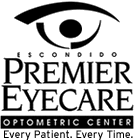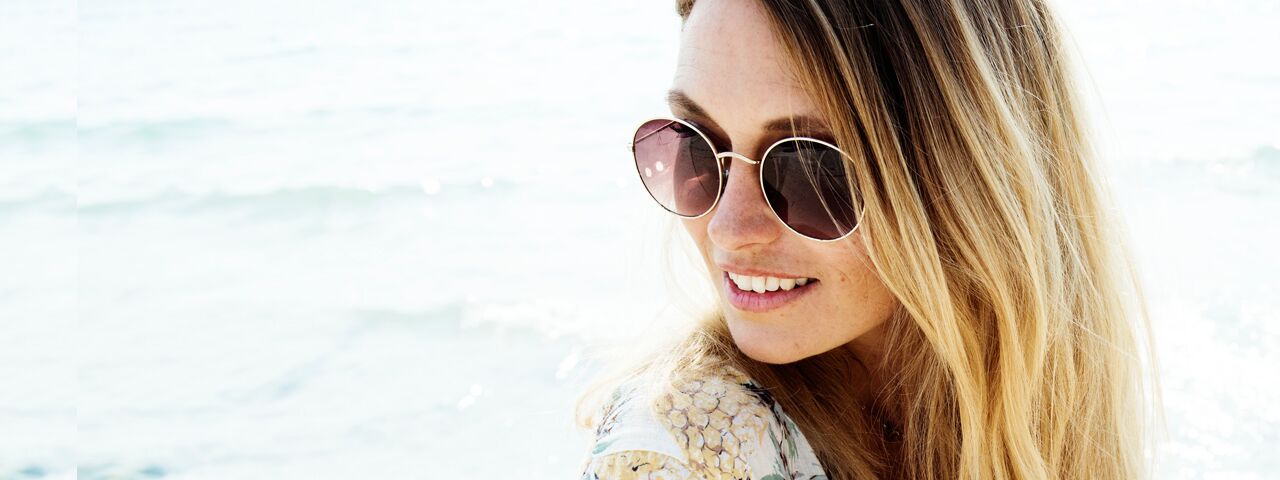A study performed by Bausch & Lomb this past August showed that an alarming number of adults regularly use strange lubricants instead of contact solution to keep their lenses moist. Products including baby oil, beer, coke, petroleum jelly, fruit juices, butter and others were all mentioned as occasional substitutes, by 20% of the 2,000 adults surveyed in the survey conducted in the UK.
A larger number of those surveyed reported that they have used spit when inserting their contacts. Since we know that the mouth of the typical adult is known to contain hundreds of varieties of microorganisms, this can pose a serious health risk to your eyes. Moreover, an alarming number of people believe that tap water, bottled water or distilled water are a safe replacement for contact lens solution, although even pure bottled water or distilled water can contain parasites that can cause damage to the eye and have been linked to Acanthamoeba keratitis, a sight-threatening corneal infection. Even moreso, if water enters your eyes when swimming or bathing while your contacts are in, it's advised to remove your lenses as soon as you can and thoroughly rinse them to rinse off any parasites that may have stuck to them.
The only thing that you should use to rinse, sterilize, lubricate or store your contact lenses is proper lens solution. Don't ever keep your contact lenses in water! Leaving contact lenses in water isn't effective in sterilizing them and harmful bacteria can gather on your lenses in minutes and eventually enter your eyes. Additionally, lens solution is made to match the acidity of the tear film in your eyes and conversely water can cause a reaction which makes your contacts change shape or stick causing discomfort and blurred vision.
When adequate storage or cleansing is not possible for you, use one-use lenses rather than resusable lenses. Be sure to take into consideration your daily routine when you are deciding between daily disposables and reusable contacts.
Keep in mind that failure to properly clean and disinfect your contact lenses with approved contact solution can result in permanent eye damage, vision loss and even complete blindness!


*Closed daily for lunch between 1pm to 2pm